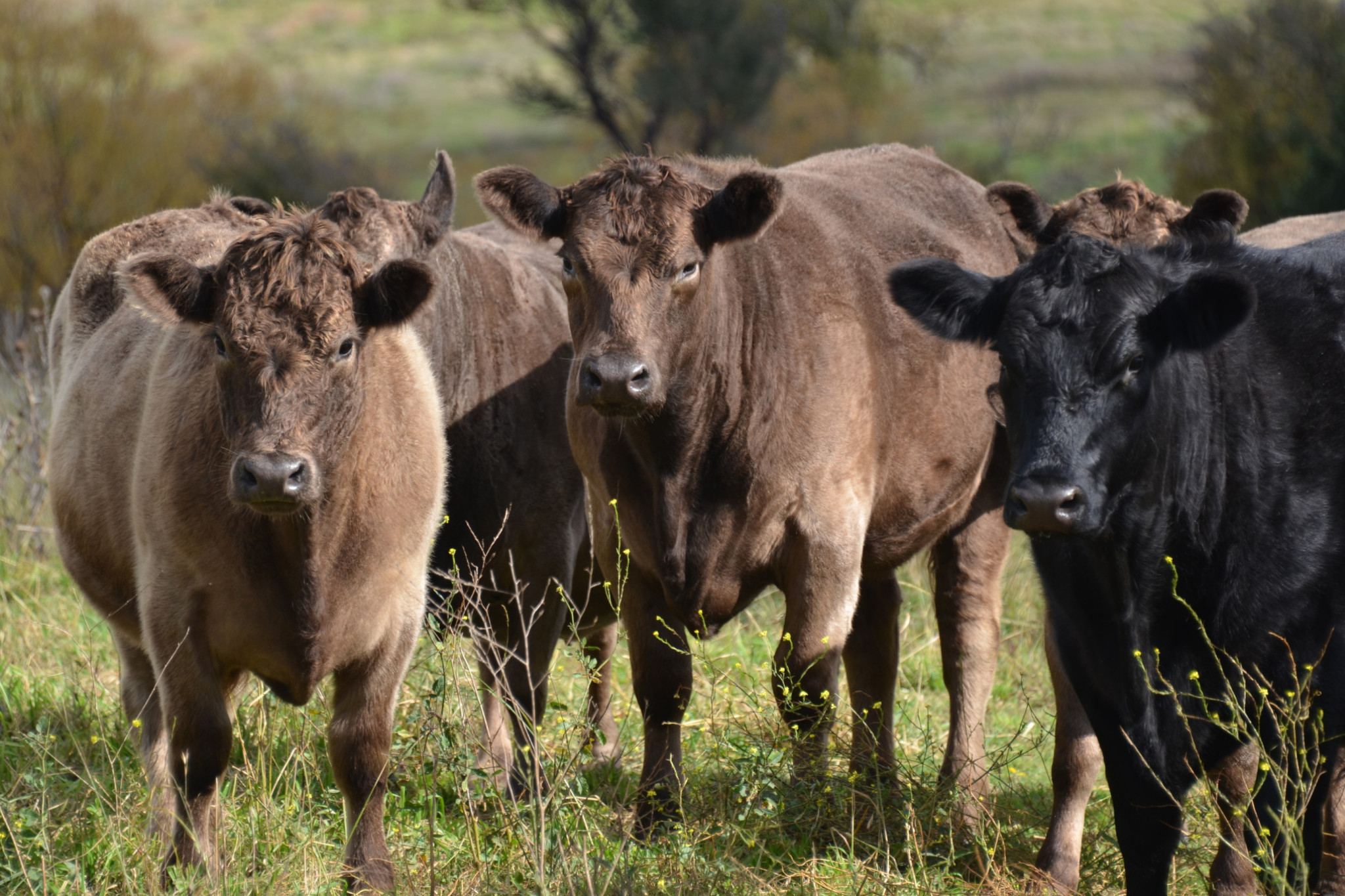On The Land
28 June, 2025
Uncertainty hovers over global beef market
RISING prices and trade disruption have created “uncertainty and unpredictability” in global beef markets, according to a quarterly report.

While global cattle markets have all been trending higher in the first half of 2025, Rabobank’s research division says that since United States President Donald Trump took office in January 2025, uncertainty and unpredictability have reverberated through the beef sector.
Beef is one of the largest agricultural commodities traded by the US. Any change to trading arrangements has the potential to affect the beef market at a global level, the report says.
The global supply and demand situation and the trading arrangements as of the beginning of June, had been maintained.
However, the report says, this is likely to change if major trading blocs, such as Europe and China, become involved in a trade war with America.
“While negotiations are ongoing, we are starting to see some redistribution of beef trade volumes around the world,” report lead author, RaboResearch senior animal proteins analyst, Angus Gidley-Baird, said.
“Reports are emerging that Chinese buyers are looking more toward Australian, New Zealand and South American suppliers as US beef becomes unavailable or more expensive.
“Much of the media attention has been on the imposition of tariffs, but this may only be the opener to the main event.
“In just a few months, countries have entered trade talks with 30-day time frames. The result has been more trade agreements than we’ve seen in decades.
“While tariffs may have grabbed headlines and caused headaches, the real story will be the implications of shifting global trade dynamics.”
The quarterly report shows that global cattle markets have been trending higher in the first six months of the year, with European prices experiencing an especially strong rise in Q1, as domestic supplies contracted while demand remained strong.
“In both Europe and the US, disease and pests are affecting cattle supplies,” Mr Gidley-Baird said.
“In Europe, and now in the UK, Bluetongue virus continues to affect the herd.
“Meanwhile, New World screwworm in Mexico has caused US authorities to close the border to Mexican cattle imports, and the risk of potential infestation in the US is increasing.”
Mr Gidley-Baird said the health threats were challenging production in markets where beef supplies were already projected to be lower, likely further supporting already elevated cattle prices.
“Global beef production is expected to contract through the remainder of the year, with an overall contraction of 2% projected for the year,” he said.
“The largest contractions are expected to happen in Brazil (down 5%) and New Zealand (down 4%), with contractions also expected in Europe, the US, and China.
“Australia is one of the few regions expected to see a production increase.”


